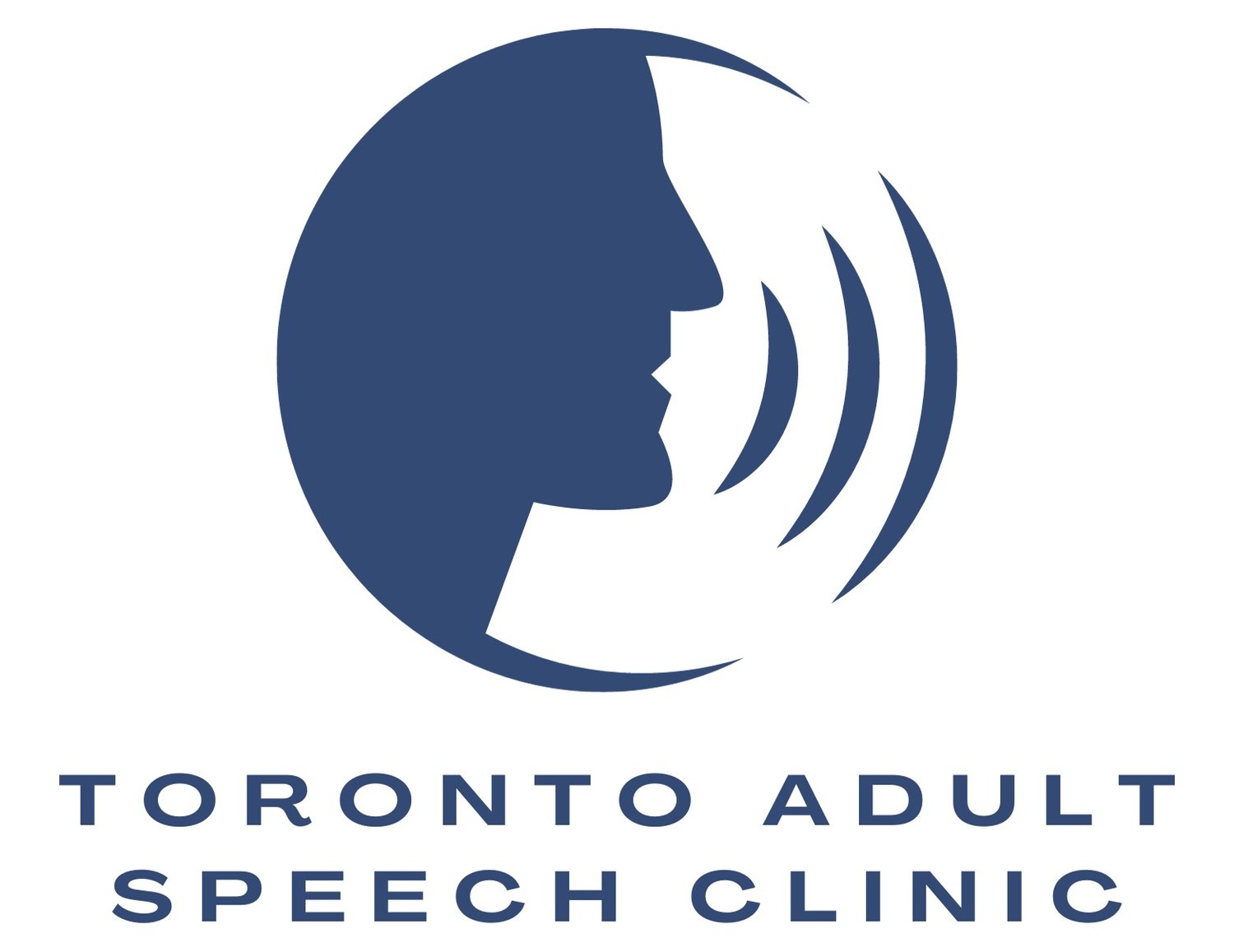Foreign Accents and English- Professional Considerations for Accent Modification
Foreign Accents and English
Professional Considerations for Accent Modification
One of the best parts of living in Toronto, is its vast cultural mosaic. Did you know that it is estimated that 1.8 million Torontonians speak a language other than English in their home? That’s over 64% of Toronto’s population! And yet, the presence of a foreign accent when speaking English continues to be a large barrier for professionals whose first language is not English.
Studies have shown consistently that people with foreign accents are perceived by native English speakers as being less intelligent, less competent, less employable, and less proficient with the English language. This has been shown in studies to be irrespective of appearance, knowledge of past experience, and the presence of interpersonal skills (such as friendliness and sincerity).
So let’s break it down.
First- What is an accent? This probably goes without saying, but an accent is NOT a speech disorder. An accent is the influence of the sounds and stresses of one language on the sounds and stresses of another. If someone’s native language does not contain sounds or stresses common in English, the speech production part of their brain finds the closest match from the native language and makes a substitution. This can result in significant differences depending on the speaker’s native language and experience with English.
Second- Perceived “strength of accent” is subjective and NOT a predictor of any of the qualities listed above. I repeat: It does not determine a person’s intellect, competency, "employability", or proficiency with the English language.
Third- Psychology and Science (unfortunately) still support the results contrary to my second point. Many non-native English speakers face a number of social and professional obstacles as a result of the way native English speakers perceive them based on their accents. As a result, many people who speak English with an accent elect to receive speech therapy to decrease the perceived amount of accent in their speech.
In searching for services, adults will come across the terms “Accent Reduction” and “Accent Modification.” At TASC, we provide “Accent Modification” services as opposed to “Accent Reduction” services. Many of my colleagues may argue there is no difference, but allow me to explain.
From my perspective, as a speech-language pathologist- language is important when describing the services I offer. The use of the term “reduction” when referring to an accent in speech therapy, for me, implies an elimination of some or all of the components of an accent. It implies a medical and reductionist approach to therapy that in my experience has not always had the best outcomes. Furthermore, it suggests a systematic breakdown of a person’s speech and over-simplification of the complexity of an accent. An accent is intrinsically tied to a person’s identity, their culture, and thus represents an important part of who they are. To “reduce” someone in therapy, is to assimilate and disrespect them- and that is unethical, in my perspective.
I choose the term “Accent Modification” instead. A subtle but important distinction from the reductionist language mentioned above. It is a term that for me implies the opportunity for collaboration, mutual goal setting, and discovery of one’s self as a communicator. At TASC for example, every accent is not only treated as being influenced by a different language than English, but by an individual person.
To modify an accent, is to first work with a person and identify the areas they feel are “untrue” to who they are as communicators when speaking English. This can often be contrasted with who they are as communicators in their native language. What are their strengths? What are their weaknesses? How can we use a person’s communication in another language to inform our goal setting for modifying their accent when speaking English?
These are important questions to ask and extend beyond a reductionist approach of simply picking a target sound and taking someone up a traditional hierarchy of sound production.
It is true that the perception of native English speakers will be that the perceived amount of accent has been reduced following accent modification therapy. However, to a person working to modify their accent, they have worked toward changes that facilitate higher levels of confidence as English speakers that can positively impact their social and professional lives.
You can read more about the accent modification services offered at Toronto Adult Speech Clinic here.

